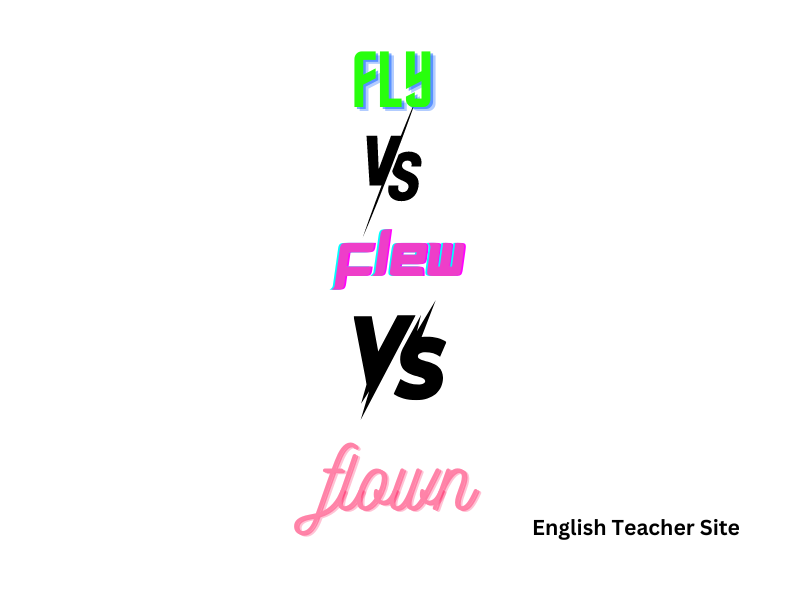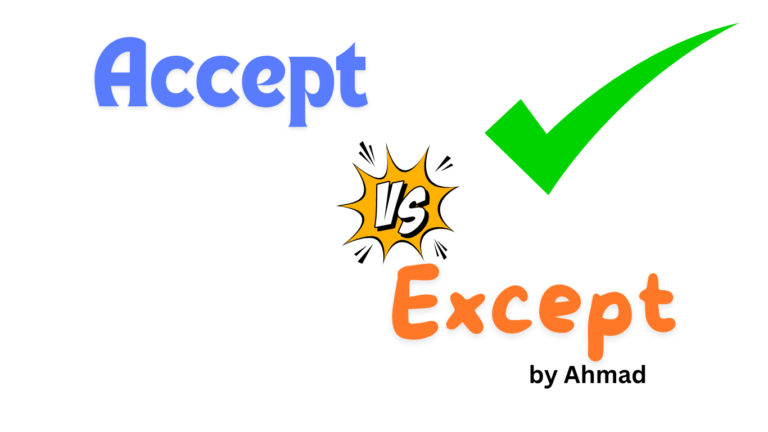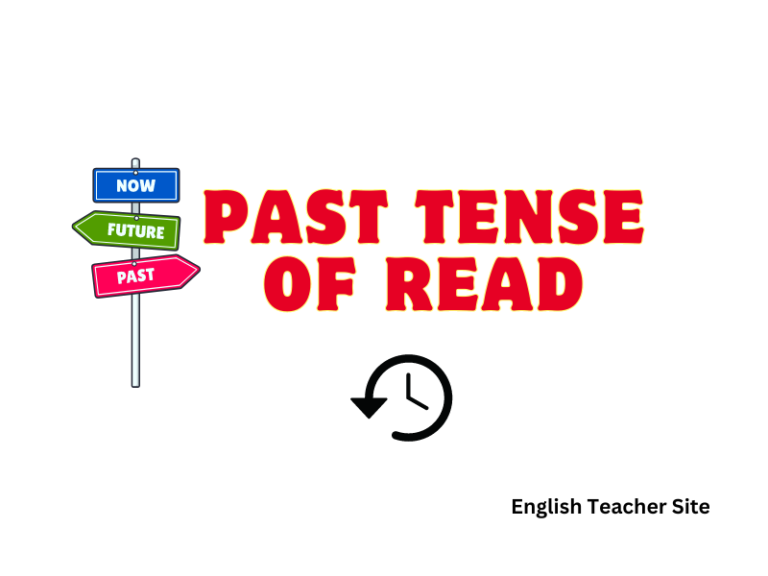Whats the Past Tense of Fly: Flew vs. Flown Explained

- “Flew” is the simple past tense of “fly,” while “flown” is the past participle needing an auxiliary verb.
- Correct usage of “flew” and “flown” clarifies the timing and nature of past actions.
- The verb “fly” contributes idiomatic expressions to the English language, reflecting its versatility.
Utilizing “flew” and “flown” correctly allows for clear and accurate communication, especially when referring to events in the past. It’s the difference between “She flew to Paris last year” and “She has flown to Paris three times.” Additionally, the verb “fly” enriches the English language with various idioms and expressions such as “time flies” or “fly off the handle,” showcasing the language’s colorful and dynamic nature.
What’s the Past Tense of “Fly”?
When discussing the past tense of the verb “fly,” it’s important to distinguish between its simple past form and past participle. The distinction lies in their correct grammatical application, essential for proper English language usage.
Determining if “Fly” is Regular or Irregular
Fly is an irregular verb. Here is a table that distinguishes “fly” from regular verbs:
| Regular Verbs | Irregular Verbs |
|---|---|
| Add -ed for past tense | Change form entirely |
| Example: “want” becomes “wanted” | Example: “fly” becomes “flew” |
Unveiling the Difference: “Flew” or “Flown”?
The simple past tense of “fly” is flew. It is used to indicate that the action happened at a specific time in the past. In contrast, the past participle of “fly” is flown and is used with auxiliary verbs to form perfect tenses. Refer to this list to understand their application:
Simple Past Tense (Flew):
- “Yesterday, she flew to London.”
- “The time came, and the birds flew south for the winter.”
Past Participle (Flown):
- Present Perfect Tense: “They have flown to New York recently.”
- Past Perfect Tense: “By the time we arrived, the eagle had already flown away.”
Examples of “Fly” in Sentences
“Flew” is the simple past tense, indicating an action that was completed in the past. “Flown” is the past participle, used with auxiliary verbs to create perfect tenses or the passive voice. Observe these forms in practical sentences below:
Illustrating “Flew” in Sentences
| Subject | Sentence using “Flew” |
|---|---|
| She | She flew to Paris last summer for a fashion event. |
| The birds | The birds flew south as the winter approached. |
- Examples:
- The pilot flew the aircraft through turbulent skies.
- They flew kites at the beach despite the strong wind.
Showcasing Examples with “Flown” in Sentences
| Subject | Examples using “Flown” |
|---|---|
| The company | The company has flown in consultants to assess the merger. |
| The package | The package had been flown to its destination overnight. |
- Usage:
- She has flown on numerous international flights this year.
- The documents were flown to the headquarters by the morning.
Idioms with “Fly”
In the English language, idioms with the word “fly” are used to colourfully express various situations or characteristics. A few common idioms are highlighted below:
When Pigs Fly: Uttered to convey that something is nearly impossible or highly unlikely to occur. The humor in this idiom stems from the absurdity of the idea of pigs being capable of flight.
- Example: Sure, he’ll clean his room—when pigs fly!
| Phrase | Meaning |
|---|---|
| Let something fly | To release something or to say something without restraint |
| Time flies | Used to indicate that time passes very quickly |
On the Fly: This idiom describes something done quickly and without preparation, often while multitasking or in motion.
- Example: She’s great at fixing problems on the fly.
Uses of “Fly” Idioms
To let fly and to make one’s ideas fly are phrases that encourage unleashing concepts or responses, often with a sense of urgency and forcefulness. They are utilized in different contexts as shown:
| Context | Application |
|---|---|
| In a debate | To present an argument forcefully |
| During innovation | To quickly test new ideas without extensive preparation |
For other idioms include:
- Fly on the wall: discreet observer of a situation
- Fly by the seat of one’s pants: to navigate a situation by instinct rather than with a plan
- Fly off the handle: to suddenly become very angry
Unraveling the Origin of the Word “Fly”
The word “fly” has a robust lineage, stretching back to the Old English flēogan. As a verb, it signifies the act of moving through the air using wings. Its etymology is germane to understanding how it evolved into its current forms, which include the past tense “flew” and the past participle “flown”.
Old English
| Term | Meaning |
|---|---|
| flēogan | To move through air |
Derived from Proto-Germanic fleuganą, the term holds kinship with other Germanic languages like Dutch vliegen and German fliegen.
Proto-Germanic Roots
- flugjaną (to fly)
- flugaz (to fly, to move quickly)
Modern English Evolution
The transition from Old English to Middle English saw the term flēogan becoming flyen, which then led to the Middle English flye. Over time, flye transitioned to the Modern English “fly.”
Past Tense Forms
| Term | Use |
|---|---|
| flew | Simple past |
| flown | Past participle |
These past forms, “flew” and “flown,” can be traced to the Middle English verbs fleog, flew, and flown. Unlike other verbs that may adopt a standardized “-ed” ending for their past tenses, “fly” is an irregular verb and follows its unique historical conjugation pattern.
Modern Usage
It is a verb that elicits a clear image of movement and transition, much like its own historical journey across centuries.
- “I fly” – Present simple tense
- “I flew” – Simple past tense
- “I have flown” – Present perfect tense
Source
Harper, Douglas. “Etymology of fly.” Online Etymology Dictionary, https://www.etymonline.com/word/fly
My name is Khamis Maiouf. I am the creator of the English Teacher Site, dedicated to providing valuable resources and insights for students around the world. With a passion for education and a commitment to helping students enhance their skills, I aim to make English teaching more effective and enjoyable for both educators and students.






